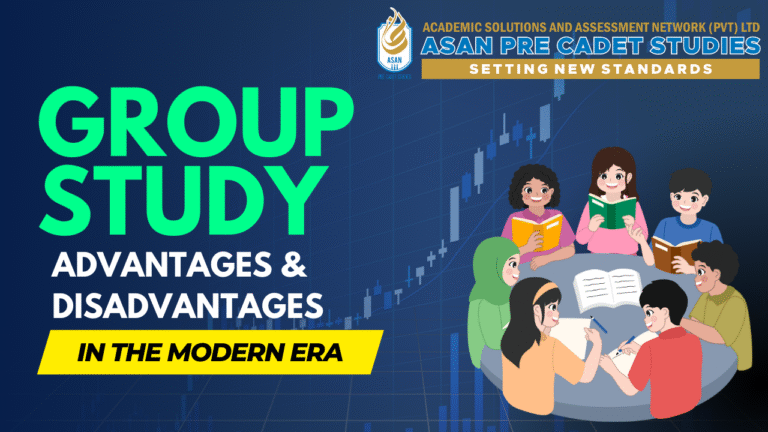The Challenges of AI in Pakistan
As Artificial Intelligence (AI) continues to advance globally, its implications in Pakistan by 2025 raise both hopes and concerns. While AI holds the potential for innovation, it also presents several challenges and disadvantages that need to be addressed to ensure a balanced future.
Privacy and data security also pose major risks. AI systems often rely on vast amounts of personal data to function effectively. In Pakistan, where data protection laws are still evolving, there is a growing concern that AI could be misused to infringe upon individual privacy. The lack of robust cyber-security measures may expose citizens to risks like identity theft, surveillance, and data breaches.
Furthermore, there are ethical implications tied to AI. In Pakistan, where social norms and values are deeply rooted in cultural traditions, the application of AI in decision-making processes might raise ethical dilemmas. Whether it’s in healthcare, law enforcement, or education, AI systems could unintentionally reinforce biases, leading to unfair treatment of certain groups or individuals.
Lastly, the dependency on AI may lead to a loss of human touch in critical sectors. With increasing reliance on machines, there is a risk that interpersonal skills in areas like healthcare, education, and customer service could deteriorate, affecting the quality of service and human connection.
In conclusion, while AI brings numerous benefits, Pakistan must address these challenges by investing in education, data privacy laws, and ethical frameworks to ensure its development is aligned with the country’s long-term interests.





